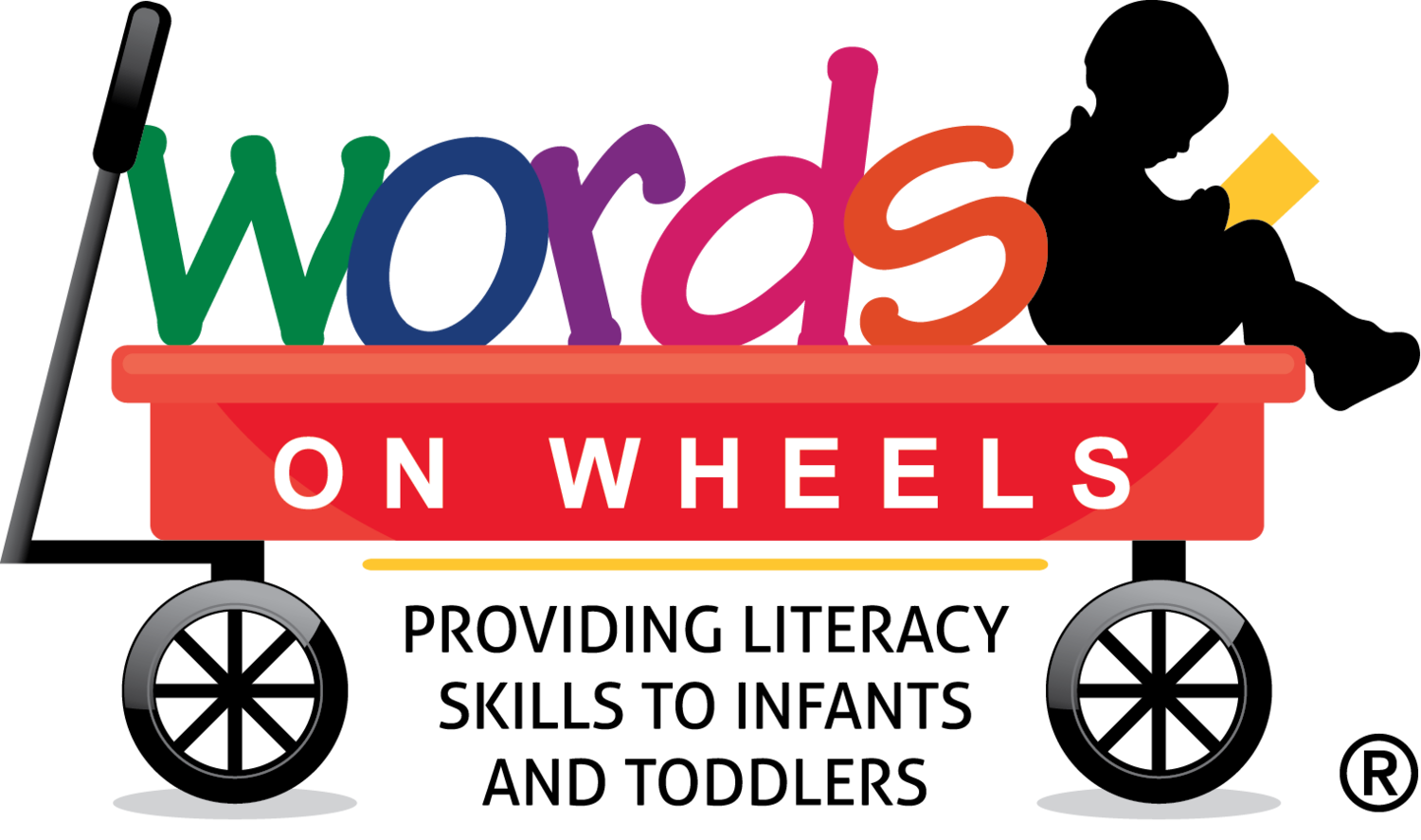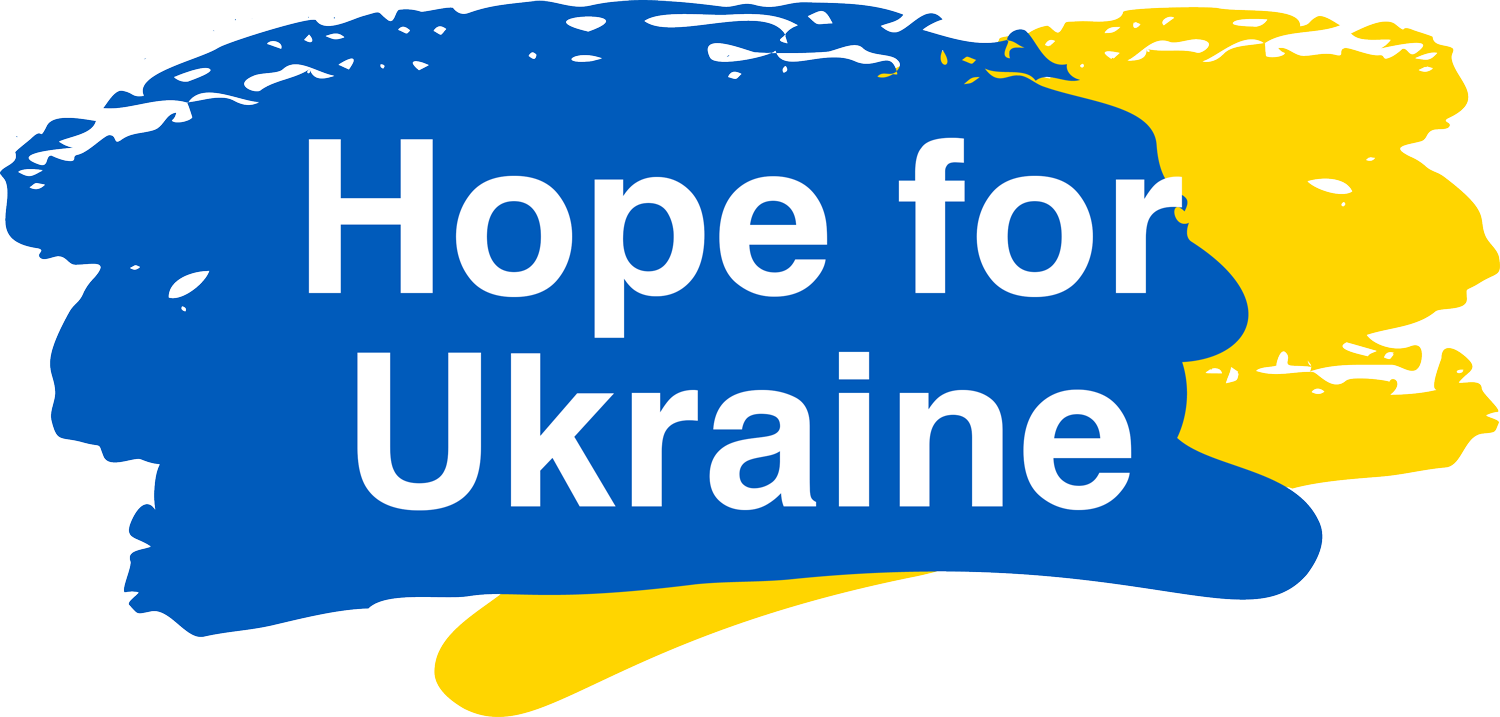What the Children Need
To Promote Healthy Brain Development
Children need adults who will bring them positive interactions and relationships. Every experience matters to them. Those healthy relationships promote healthy brain development. That brain development comes from such activities as reading, singing, talking, and playing.
HERE IS A LIST OF HOW EACH ACTIVITY AFFECTS THE CHILD’S BRAIN:
READING
When kids are read to, their brains build the neural connections that enable them to learn vocabulary. When children read a book again and again, connections in the child’s brain become stronger and more complex.
SINGING
Singing and listening to a variety of music helps build music-related pathways in the brain. Music can have a positive effect on a child’s mood and strengthen certain thinking skills.
TALKING
A child’s most intensive period for absorbing speech and language skills is during the first three years of life. These skills develop best in a world that is rich with sounds, sights, and consistent exposure to speech.
PLAYING
When children play, they develop a wide variety of skills, including gross motor skills (big movements of the arms, legs, and trunk), fine motor skills (small movements of the hands, fingers, mouth, and tongue), hand-eye coordination, visual tracking (following objects with both eyes), and cognitive skills like creative thinking, reasoning, problem solving, and listening.
When the adults develop healthy relationships and interactions through the “brain exercises to children in the at-risk communities, we give them the opportunity to reach their full potential. Every child deserves a chance. We are here to ensure that happens. The early brain development of children is so important. All children, no matter the socioeconomic status, deserve a chance. That’s why at Words On Wheels we bring the words to them. We bring volunteers to children, ages 0 to 5 years old, to play, sing, talk, and read to them.







